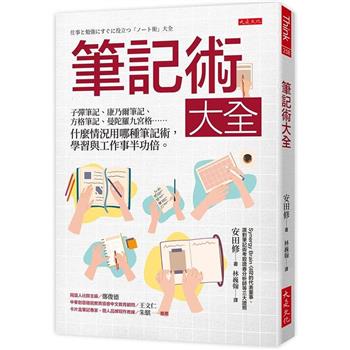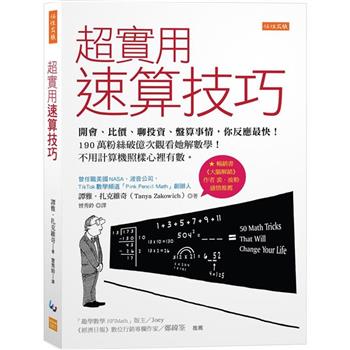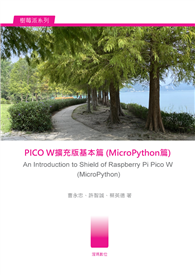In an age where science and technology hold sway and the humanities face a crisis, this book explores the evolving role of literature. It delves into how American self-help culture shapes contemporary ideals of success, mindfulness, and happiness, with a particular focus on its influence in science communication, notably in TED talks. Moreover, it underscores the enduring relevance of literature in the digital era by analyzing speculative novels that challenge established norms, including those propagated by TED. These novels include Richard Powers’ Generosity: An Enhancement, Margaret Atwood’s MaddAddam trilogy and Gary Shteyngart’s Super Sad True Love Story. They question the Western preference for visual perception, which perpetuates a human-centric worldview. By focusing on literary synesthesia in the readings, this book emphasizes sensory experiences and human-nonhuman interactions. It adopts the concept of research as assemblage and uses a diverse range of theories and approaches, while it foregrounds critical posthumanism and new materialism. Ultimately, it advocates for a less anthropocentric approach to reading and presents literature as a "transdisciplinary life science" capable of fostering a "kinship of posthumanity."
| FindBook |
|
有 1 項符合
Self-Help in the Digital Age: Ted Talks, Speculative Fiction, and the Role of Reading的圖書 |
 |
$ 1979 | Self-Help in the Digital Age: Ted Talks, Speculative Fiction, and the Role of Reading
作者:Filip 出版社:de Gruyter 出版日期:2024-10-09 語言:英文 規格:平裝 / 300頁 / 23.39 x 15.6 x 1.73 cm / 普通級/ 初版  看圖書介紹 看圖書介紹
|
|
|
圖書介紹 - 資料來源:博客來 評分:
圖書名稱:Self-Help in the Digital Age: Ted Talks, Speculative Fiction, and the Role of Reading
|










